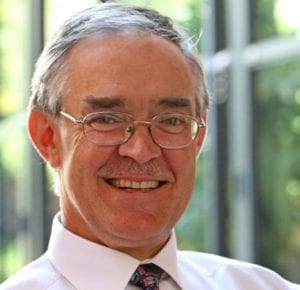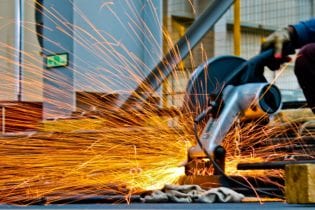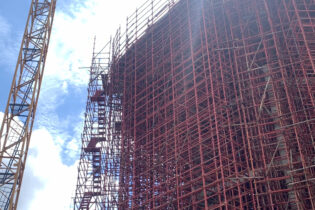Healthy indicators in growing sector
An upbeat atmosphere prevailed at SAPPMA’s 7th Annual Conference, Pipes VII, held in Midrand this September. Having recently unveiled its new corporate identity and concluded its 9th AGM, the South African Plastic Pipe Manufacturers Association (SAPPMA) has been extremely active of late, and held its 7th Annual Conference in Midrand on 10 September 2013. While the conference took place over a single day,it more than delivered, with well-selected speakers and tailored topics, presenting a lively industry dealing with market challenges proactively and intelligently. In his introduction to the day’s proceedings, SAPPMA’s CEO, Jan Venter, made emphasis of the leading role of plastics in pipes today. Having shed its image of being the cheap alternative to metals, plastic pipes now account for an estimated 50% of installed pipelines globally. In South Africa, that figure is higher, with 68% of the non-pressure pipe market and a startling 98% of the < 500 mm non-pressure market going to plastic. With costs increasing on all sides, the industry appears determinedly competitive. Classic keynoteDr Roelof Botha, well-known economist and seasoned speaker, delivered a classic keynote address. Invigoratingly opinionated and deeply logical, Botha pulled no punches when it came to South Africa’s economy and character, and was unapologetic in his stance on strikes. Observing that we possibly have the most violent strikes in the world, he cited these as the greatest threat to our economy.
Slating in his stance on the conduct of the country’s trade unions, he cautioned against allowing our economy to be hijacked. He was equally impassioned about our future: A keen futurist, he foresees the development of a universal digital currency, thought recognition technology and increasing equality between developed and emerging markets. Focusing on the future of South Africa, he pulled no punches: to realise our incredible potential we have to get with the programme: fight corruption; increase privatisation; educate, educate, educate; and work towards socio-political security. He was also sure to point out the positive: we have built more than 3 million RDP houses, 1 000 new health clinics, new sanitation services for 7 million people, 4.5 million new electricity connection, to name but a few. So down to business… The history, the testing, the knowledge, the results The first session of the morning was concluded by Ulrich Schulte. His incredibly interesting presentation began at the beginning – the introduction of HDPE pipes more than 50 years. The real history of the use of plastic in pipes lies in its testing. One has to remember that it was not long ago when plastic itself was an unknown entity, both celebrated and feared, depending on your point of view. Even to this day there is caution around certain plastics, but thishistory was about science and was truly fascinating. The impact of the material on our world is immense and this potential was recognised back in 1963 when Karl Ziegler received the Nobel Prize in Chemistry, together with Giulio Natta, for their discoveries in the field of the chemistry and technology of high polymers. As far back as 1955, the first creep rupture tests were conducted on HDPE pipes and in 2012, two pipe specimens from those tests were tested for the 56th consecutive year. Understanding the causes and effects of ageing on these pipes is extremely well understood now, with extremely long-term ‘tests-until-failure’ being a requisite in the evaluation of polyethylene raw materials used in pipes. These and other tests have resulted in an extremely well understood material that exceeds a lifetime expectation of 100 years. Moreover, this depth of understanding allows for design and installation techniques to accommodate varied environments, resulting in a remarkably stable infrastructure. This is just one instance of the strides made in plastics and the commitment of the industry to ensuring quality, safety and sustainability. It may not be a huge industry in terms of size, but it makes up for that in its ubiquity and passion. For more information on this year’s programme, speakers and presentation, visit the association’s website: www.sappma.co.za, and remember to look out for details of Pipes VIII in 2014.






